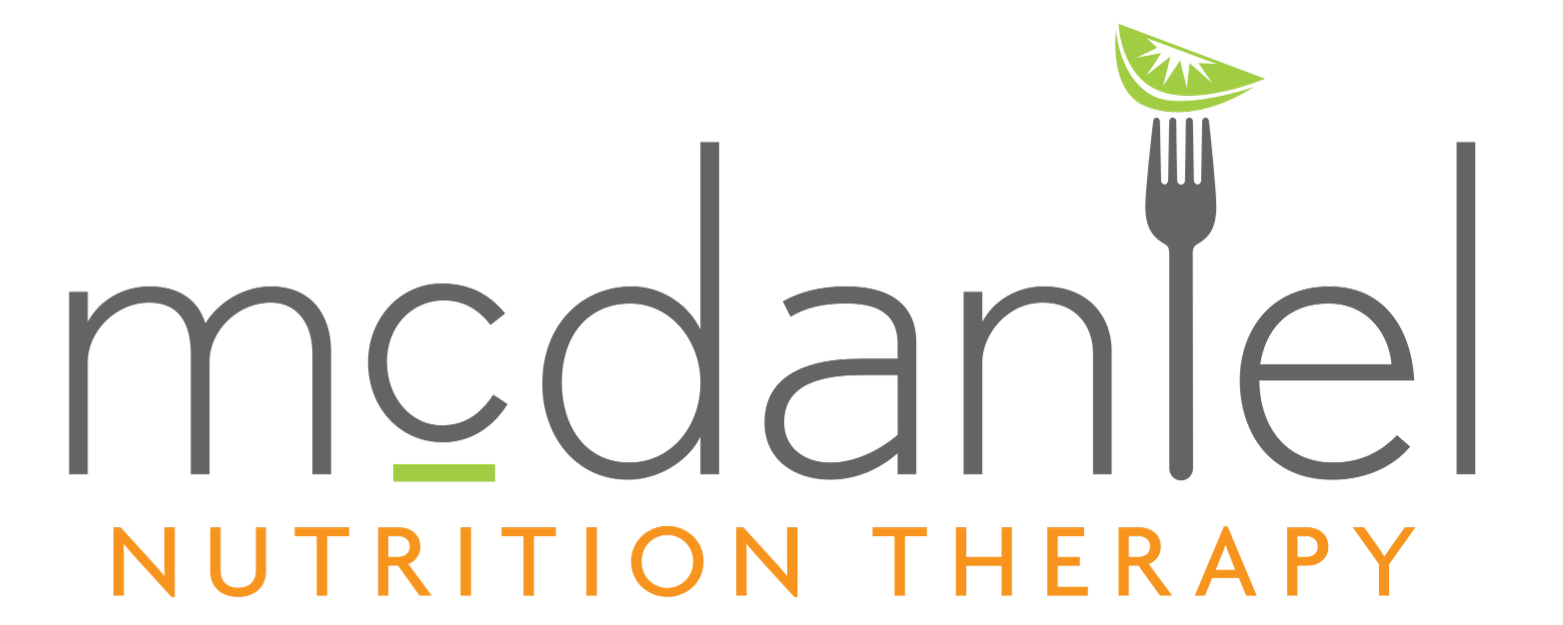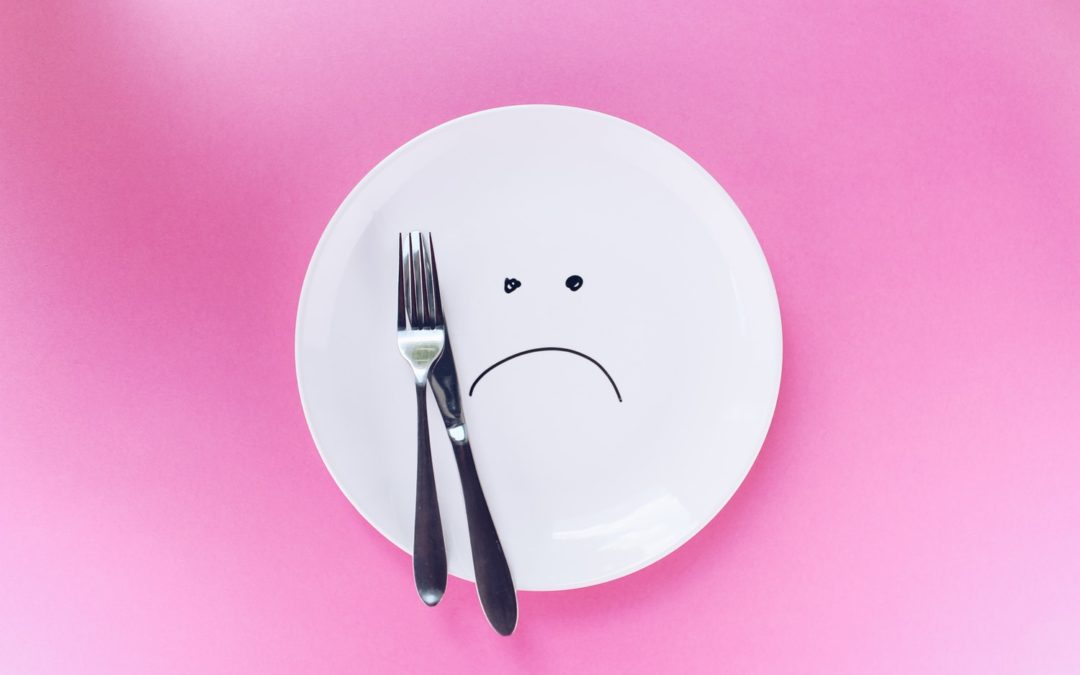We’ve all experienced diet talk at some point–either personally or secondhand. Think you haven’t heard diet talk? Consider these examples:
- “I deserve this, I was good yesterday.”
- “I’m really trying to not have carbs, I’ll just pick the top off and have that.”
- “I can’t have those in my house or I’ll eat them all!”
Sound familiar? Now that we’re knee-deep in the New Year, diet talk has crested, and it’s one of the most unhelpful elements blocking an individual’s healthy relationship with food.
Is it wrong to want to lose weight or to want to eat healthier? Absolutely not. What is the difference between a diet and making healthy lifestyle changes? Diets create feelings of deprivation and guilt, while healthy lifestyle changes are created out of love for oneself, among many other differences.
Research has shown time and time again that dieting not only creates psychological distress, but leads to an increased weight set-point for the majority of people attempting to lose weight.
Here are four steps to fight against diet talk to protect yourself in your healthy relationship with food and your body:
1. Create your own anti-diet sphere:
Take an honest look at what you’re consuming on a daily basis-but, surprise! We’re not talking about what’s going in your mouth. What are you looking at in your social media? Who are you following? What kinds of people are you surrounding yourself with? Simply changing what you’re exposed to can lessen the burden of comparison and subsequent theft of joy.
2. Set boundaries:
Setting boundaries with those close to you will help to concretize that anti-diet sphere you’re creating for yourself and can strengthen healthy relationships. If a friend is going on about their new diet plan and wants to hear your thoughts, you could simply say, “I’m happy for you, but I’ve chosen to focus on other things in my life and I don’t want to talk about dieting anymore. I would really like if we could talk about other things when we’re together.”
Of course, how firm of a boundary you set depends on your level of comfort with the person. Here are a few other casual responses to diet talk:
- “I hear that you’re really enjoying your new diet, but talking about it is keeping me from enjoying my time with you.”
- “There are so many other interesting things about people other than their body and what they eat.”
- “How about we talk about something else? How was your weekend?”
You may need to remind those around you about your boundaries more than once, as diet talk is mainstream in our culture.
3. Practice compassion.
For yourself and others. Often, others are participating in diet talk because they are seeking validation or justification for their food choices because they’re internally questioning them. Diet and exercise talk can have a hidden agenda (hoping for acceptance or praise) from peers. Try to practice compassion when you do hear diet talk, and if you engage in diet talk (because no one is perfect!).
4. Redefine what healthy means to you:
Healthy has a different definition to everyone. Does healthy mean feeling energized every day? Does it mean getting off of your blood pressure medication? Does healthy mean feeling less anxious around food? Nail down your unique definition of healthy and stick to it as you would any other core value.
As always, our dietitians are here to help you with your journey towards a better relationship with food. Contact us to set up an appointment today.

